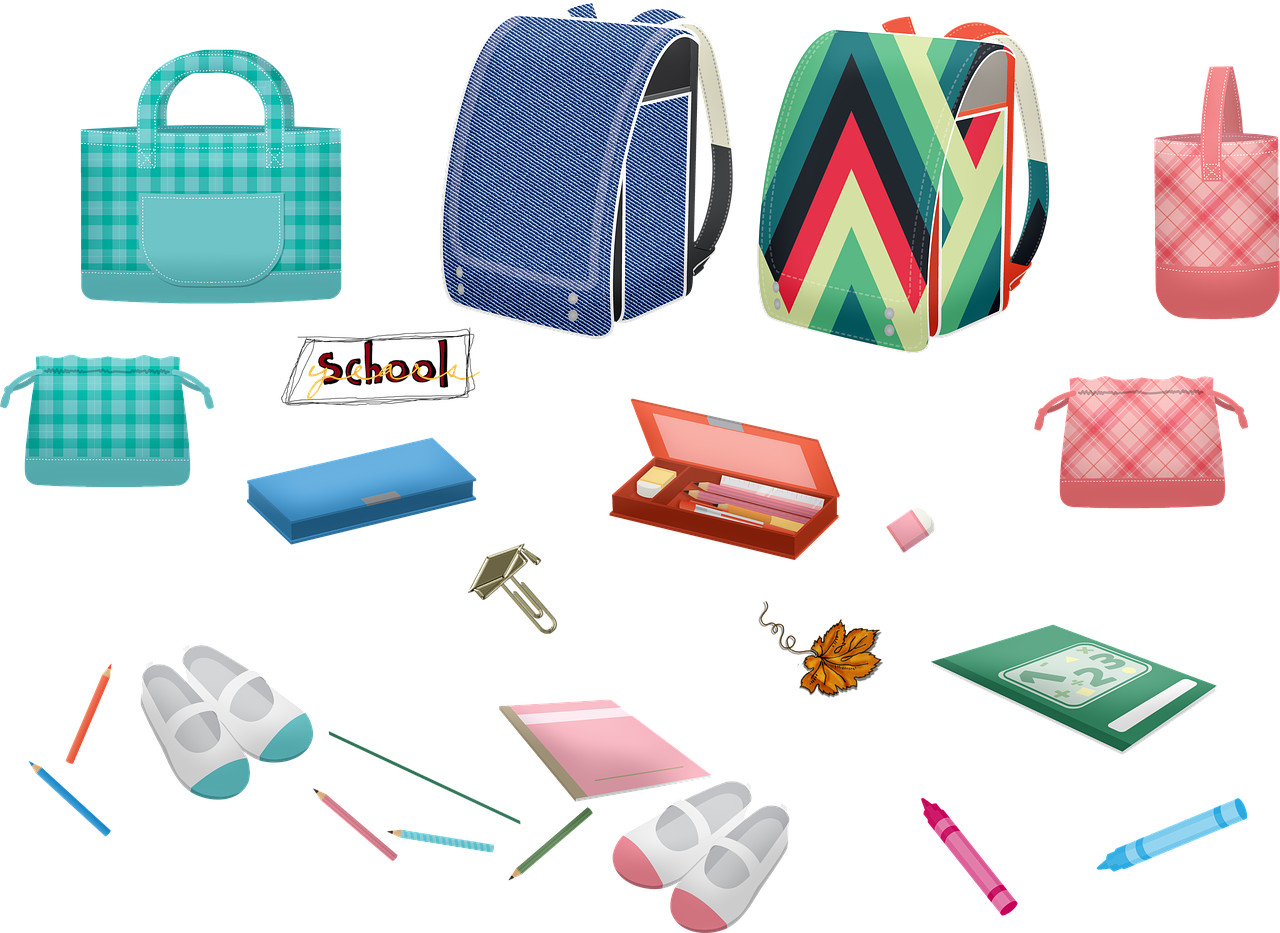
Ever wonder why you kept on failing your classes just because you seemed to have difficulty understanding the lessons? Even trying your best listening and participating in class failed to give you an advantage. Did you ever stop to think that the way your teachers taught the classes was not suitable for your learning style?
Basically there are three learning styles and they are based on how students receive information; how students process information; and what is the environmental preference of that student.
Most teachers use visual and auditory teaching techniques but for haptic learners, grasping ideas is difficult if educators focus on such methods.
Haptic learners do not like reading or listening. They are the “free-sprited” learners who learn better through practice instead of learning the theories.
They also enjoy moving around when studying that is why sitting for too long bores them easily. Some haptic learners use body movement (like hands for counting) to easily memorize things. The following are key tips for engaging haptic learners in the best possible ways.
Sense of Touch for Haptic Learning
Touch is the primary source of haptic perception. Students uses their hands to move objects and touch things that are very helpful to better understand a lesson. Immersion to the topic, through the hands, is observed to be helpful in science concepts such as location, range, acceleration, friction and tension. Haptics are also very important for visually impaired students who rely on their hands to study Braille.
Passive vs. Active Learning
Haptic learners prefer active lessons, hence they do not like sitting at a table and listening to their professors for hours. In other words, conventional learning is not effective for these students. They prefer immersing themselves in learning concepts through experiments and other active methods. Deci, E. L., Spiegelother noted in Journal of Educational Psychology that when compared to passive activities such as watching videos, haptics had difficult time learning. Active participation associated to control of action and learning is the reason why active methods are helpful to these students.
Haptic Learners and Mobile Technology
Digital technology has now given a lot of opportunity for better living. Actually technology has given students more and better ways to learn through various apps and computer applications.
These applications encourage active participation for students and this is where haptic learners grasp ideas better. Computer applications is also effective among students with different learning styles (auditory learners, visual learners) as well.
All this becomes easier thanks to tablets that use sense of touch to operate. Nowadays tablets are easily replacing desktop or even laptop computers because they are lighter and more convenient. It is also easier to operate through touch, hence very helpful to haptic students.
Google, one of the leading companies for technological advancement even launched Google Play. With it, students can install educational applications on tablets.
With such applications students engage in games that require them to solve puzzles, write spelling, read books and many more. All these are beneficial for students educational development.
In addition, student and teacher interaction are better fostered. Educators actively teaches students to use computer tablets and students are very eager to show their students how they good they perform.
Technology has truly made a lot of opportunities for people to have better living. Even education has advanced a lot because of technological inventions.
Soon haptic learners will never be left out in class just because their teachers focus on conventional teaching. Thanks to advanced educational tool students can now actively learn and have fun at the same time.
About the author: Sherry Franklin is a passionate blogger and an animal-lover. She currently works for superiorpapers as marketing specialist and has been writing since she was in College. Know more about her by checking out her Twitter account.











Thanks for the excellent article, I was hunting for information like this, going to check out the various other blog posts.